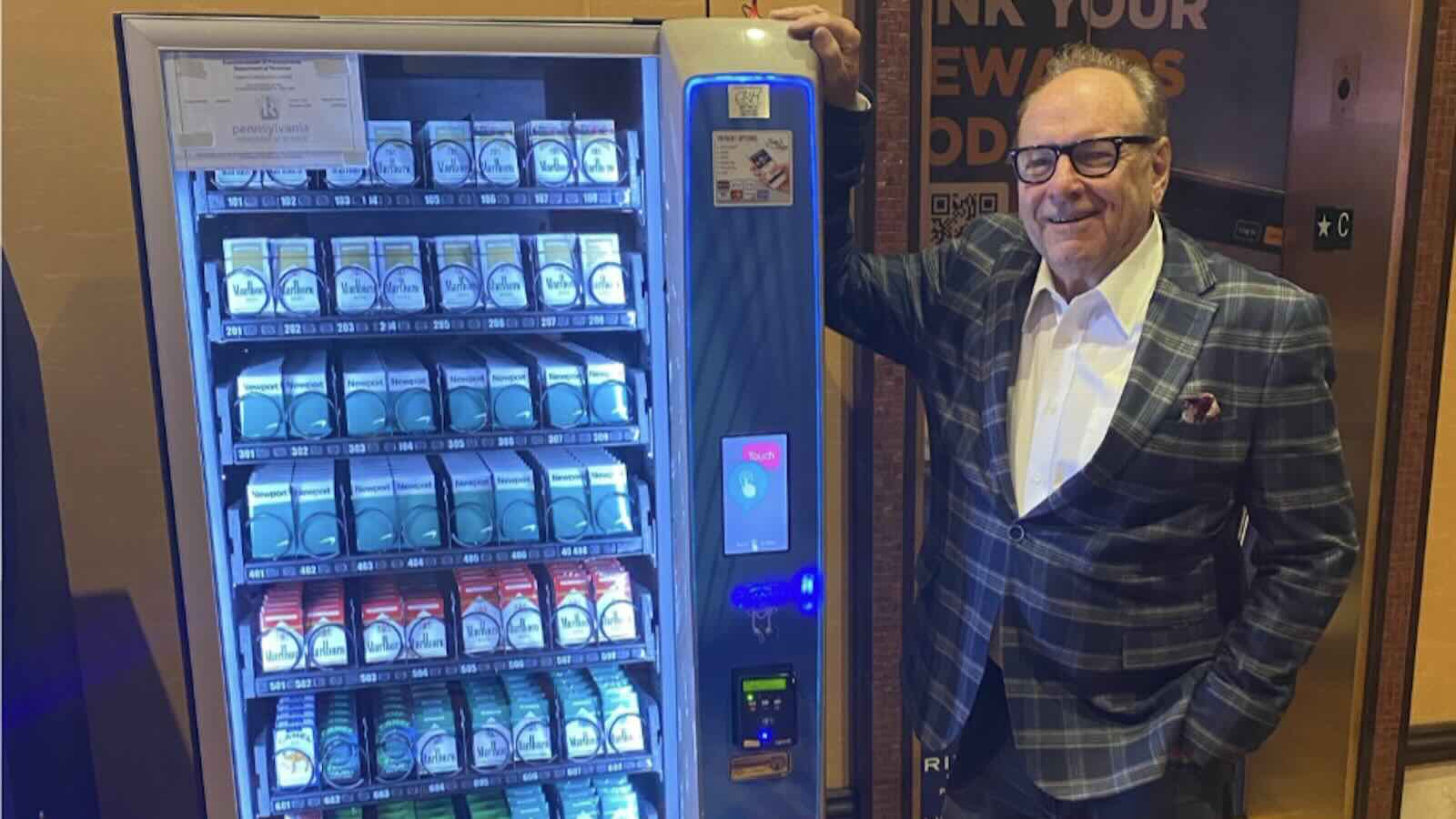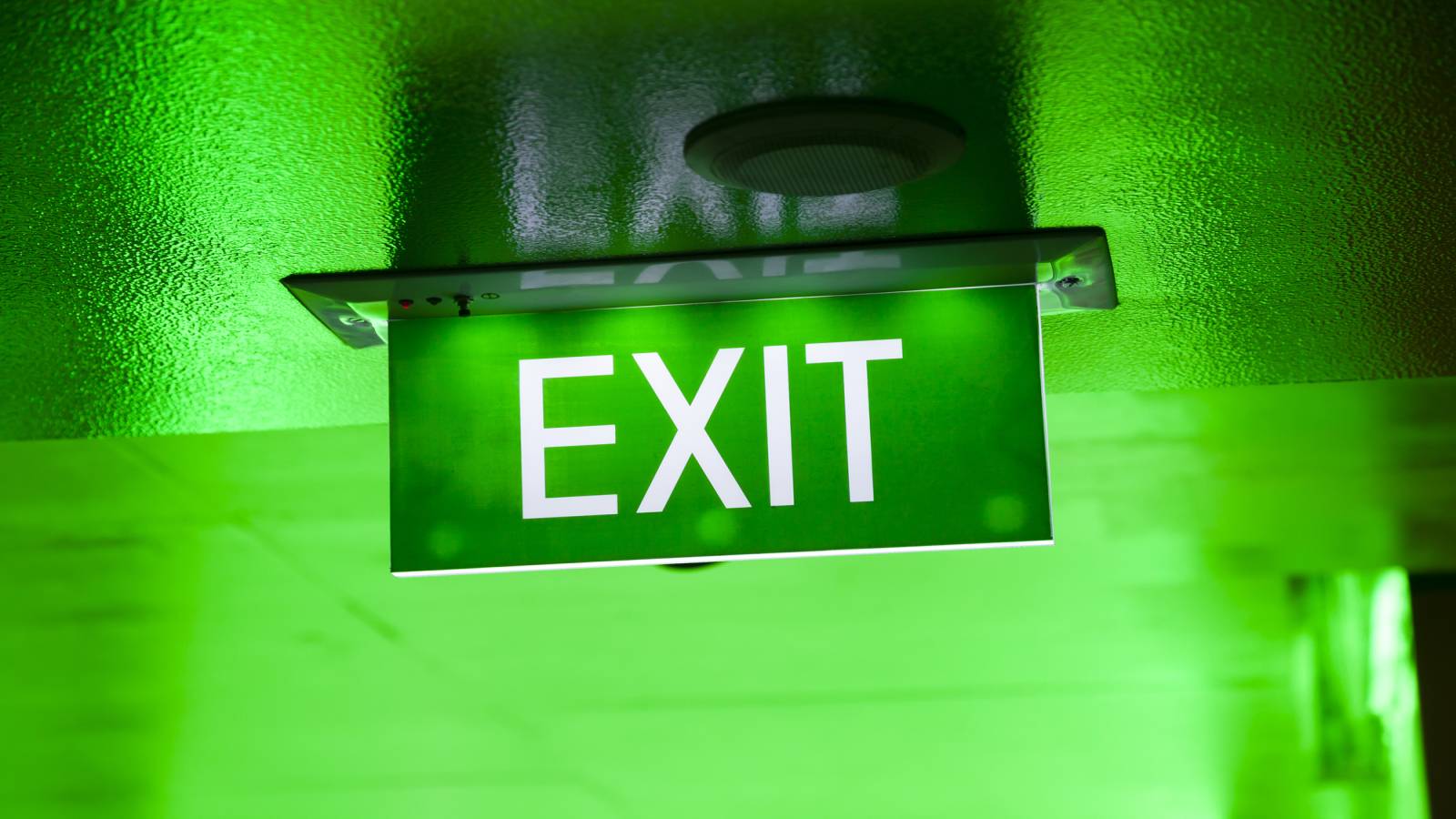Still Burning: Injunction Against Smoking In Atlantic City Casinos Denied
The matter of whether to ban smoking at casinos is back in the hands of New Jersey legislators
3 min

Lawmakers in New Jersey who may have hoped for a court ruling to let them escape from deciding on a conflict between powerful interest groups saw those hopes dashed on Friday.
That’s because state Superior Court Judge Patrick Bartels denied a request by a wide swath of Atlantic City casino employees to end the unique exemption for the casinos on the state’s smoking ban in indoor facilities.
Both major unions and casino operators possess significant political power in New Jersey, a state in which Gov. Phil Murphy and the state Senate and Assembly majorities are Democratic.
While a majority of legislators in each chamber have announced support to end smoking at the nine Atlantic City casinos, lobbying by the operators has postponed any floor vote that would have forced lawmakers to choose a side formally.
Now — unless the state Supreme Court agrees to take up the case on appeal — the question falls squarely back in the hands of those legislators.
The dispute has a national resonance as well, since New Jersey for decades has been looked at as a leader in a variety of gambling issues in statehouses across the U.S. If the Garden State joined a trend against allowing smoking on casino floors, it could have a widespread domino effect in terms of legislative sentiment.
Pros and cons of a casino smoking ban
There is little doubt that a smoking ban would have at least a partially negative effect on the bottom line of Atlantic City casinos, as some number of gamblers find smoking to be an integral part of their casino experience.
There also is little doubt that news of a smoking ban would produce at least a partially positive effect in bringing back gamblers who don’t visit the casinos because they are sensitive to second-hand smoke. People under age 35 also are far less likely to smoke than their parents or grandparents, so a ban may lead toward a generational shift in casino visitation.
The issue, then, is what would be the net result of those two changes on casino revenues?
Casino operators insist it would be negative, and claims that the ban would lead to a loss of jobs from South Jersey’s largest employers — and perhaps even a shutdown of one or more casinos — no doubt is taken seriously by elected officials.
That’s because five of 12 Atlantic City casinos did close between 2014-’16, for a time leaving Atlantic County with the highest home foreclosure rate in the nation. That makes concerns very real, even with the opening of Ocean and Hard Rock casinos in 2018 within the walls of the former Revel and Trump Taj Mahal casinos bringing back some of the jobs lost from the closures.
“We are gratified by the court’s decision to dismiss plaintiff’s complaint and deny its attempt to change the Smoke-Free Air Act outside of the legislative process,” Mark Giannantonio, president of Resorts Casino as well as of the Casino Association of New Jersey, said in a statement Friday.
Giannantonio added that limiting smoking at casinos to “just a fraction of the floor space” — 25% — and other measures such as air filtration have improved conditions for workers while still not alienating gamblers who smoke.
Smoking opponents seem undeterred in their fight
But Lamont White, a card dealer at Borgata who has been a leader of several protests on the issue outside of the statehouse in Trenton, proclaimed, “This fight is far from over. While today’s outcome is disappointing, our determination remains unshaken.”
White pointed to polling that indicates that a majority of New Jerseyans — as well as Gov. Murphy and countless lawmakers — support ending the exemption for casinos from the act signed into law by then-Gov. Richard Codey in 2006.
That was the same year that both Pennsylvania and New York launched their fledgling casino industries, and Atlantic City-area leaders successfully pleaded that a smoking ban would only exacerbate a hemorrhaging of profits for the city’s casinos — one that turned out to be even larger than anticipated in subsequent years.
“While the rest of the nation moves away from poisoning workers for profits, New Jersey shames itself,” said attorney Nancy Erika Smith, who has represented the plaintiff United Auto Workers union and employees at several other casinos in the city since the lawsuit was filed in April.
Atlantic City brick-and-mortar casino revenues have been stagnant or even slightly down in 2024 when compared to 2019 pre-pandemic figures. In contrast, dollars collected from online casino gaming — run mostly by overseas operators who turn over roughly one-third of their profits to the nine casinos — have grown considerably in that time.
A two-month summer recess for the state legislature has just ended, and lawmakers can expect to hear from both frustrated casino workers and skittish casino executives more and more in the coming months.
Murphy, though named as a defendant in the lawsuit, announced three years ago that he would sign a casino smoking ban bill into law as soon as it reached his desk.
During a recent hearing in the case, casino association attorney Christopher Porrino argued that a courtroom was not the place to address the dispute.
“Our elected officials struck what they believed was the most appropriate balance and have had the opportunity every year for 18 years since the act was passed to strike a different balance,” Porrino said. “If the legislature changes its collective mind and decides to strike a different balance, then the law will change.”
Smoking bans in casinos already are in place in New York, Ohio, Maryland, Massachusetts, Maine, Illinois, Colorado, South Dakota, and Washington.






